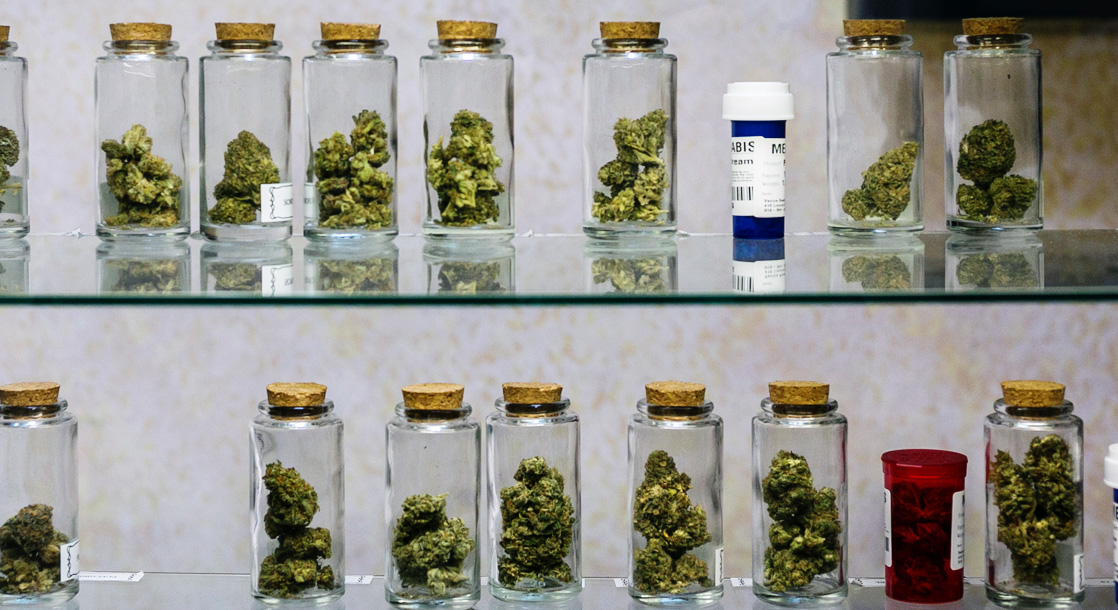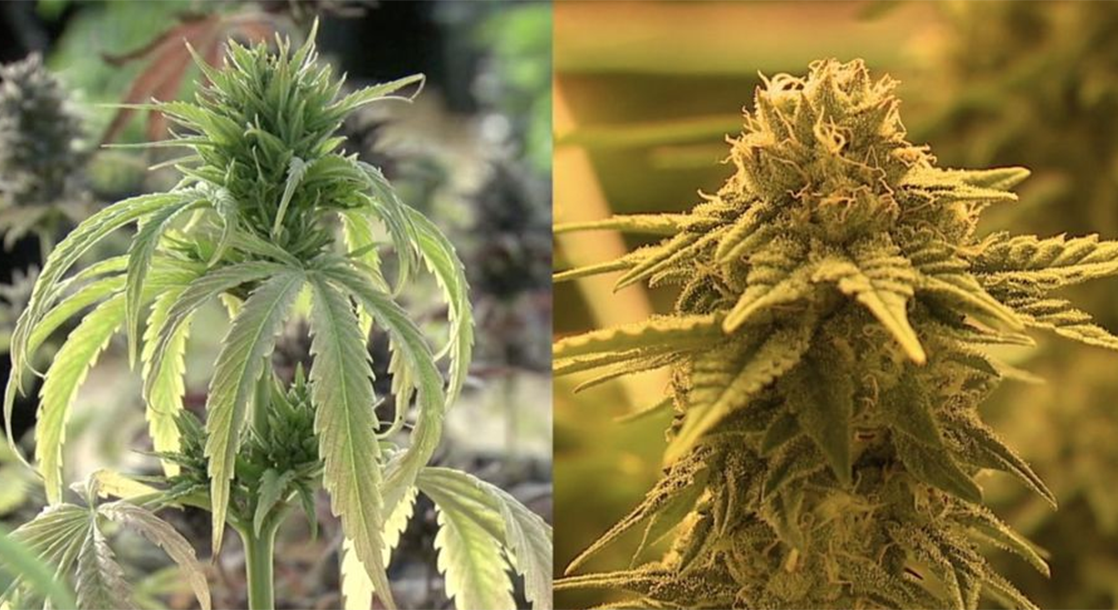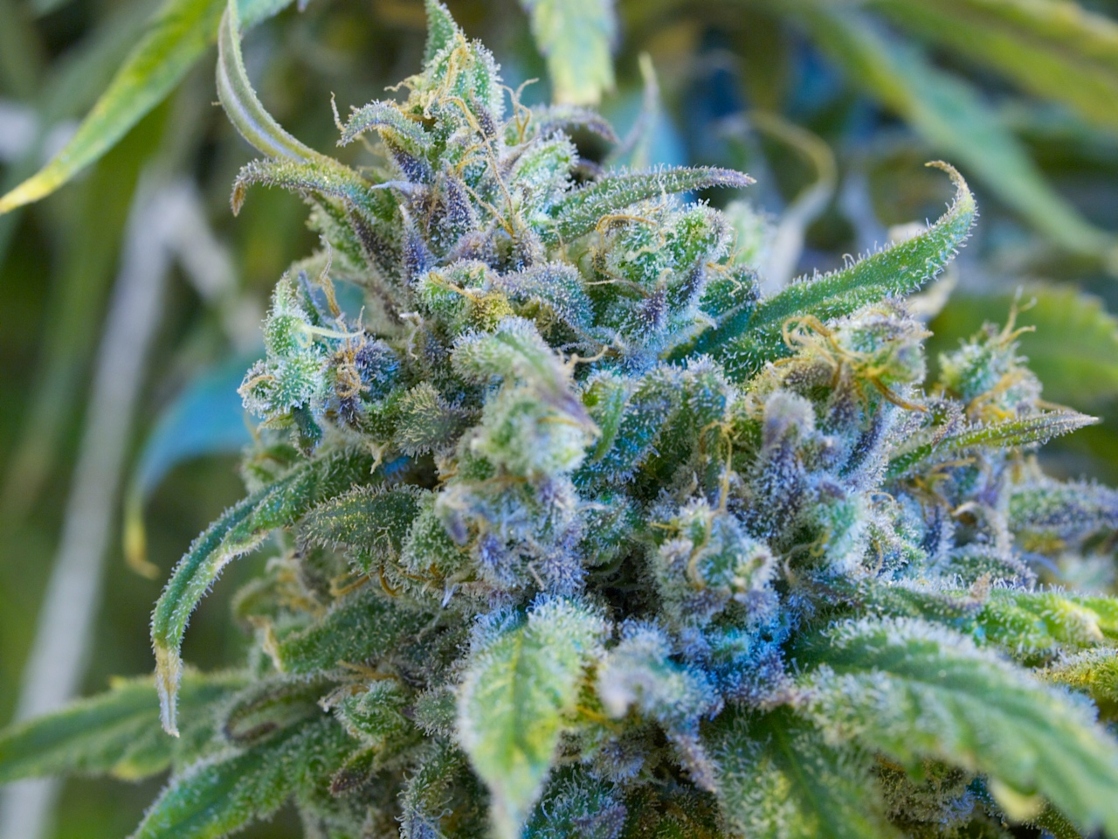If the federal government could get out of its way long enough to eliminate the scourge of marijuana prohibition across the United States, the national economy would undoubtedly experience an explosion in overall growth, complete with a new-and-improved job market that would contribute to the reestablishment of the all-important middle class.
It seems the concept of taxing and regulating products derived from the cannabis plant, rather than using a criminalization model, is leading to a prosperous environment for citizens of Colorado, contributing to higher employment rates, larger incomes and a thriving housing market in the Centennial State, according to a new report from the University of Colorado Leeds School of Business.
A recently published report indicates that the state’s cannabis industry is revitalizing downtrodden areas that have suffered due to the unstable state of the market.
The latest statistics from the Colorado Department of Revenue show the cannabis trade generated around $486 million within the first part of 2015, almost $1.5 million more from the previous year. The same data credits the cannabis industry for breathing new life into the manufacturing sector – creating new jobs in an area that was growing stagnant.
Patty Silverstein, president and chief economist at Development Research Partners, told The Denver Post that food manufacturing was experiencing a slow decay from 2001 to 2013, experiencing only about a 0.1 percent gain every year. But ever since the launch of Colorado’s recreational pot sales in 2014, she says there has been a 3.5 percent in employment and a near 5 percent increase those finding gainful employment in food manufacturing.
Other stale business sectors have also grown as a result of the cannabis industry,including chemical manufacturing – all jobs typically occupied by what was once considered the middle class.
It is for this reason that an argument could be made than the cannabis industry could be the saving grace for the American economy. Anyone who has ever listened to a lecture by Professor Robert Reich, former Secretary of Labor for President Bill Clinton, understands that it is absolutely crucial to the permanence of the American economy to have a vibrant middle class – one that is not only strong but constantly growing. This is because consumer spending is the lifeblood of capitalism.
Analysis from The New York Times suggests that consumer spending is responsible for 70 percent of all economic growth. So, if Americans are not earning enough money to purchase new cars, televisions, and other shinny products to keep up with the Joneses, the economy gets locked into a vicious cycle that obstructs the ability for all of us to prosper.
But if the latest research from Colorado is accurate, it proves the federal government could, once again, revive the America Dream by taking a more agricultural approach to boosting the middle class, allowing industrial hemp and both recreational and medical marijuana to be manufactured and sold all across the nation.
Experts believe the legalization of marijuana in all 50 states could turn the cannabis industry into a $35 billion market by 2020 – contributing an estimated $10 billion in wages by creating potentially millions of new jobs with above average wages.
A 2015 report from The Seattle Times shows that bud trimmers are earning between $12 and $15 per hour, while the salaries of those workers involved more with the cultivation process are generating $50,000 to $90,000 annually. That’s not a bad salary considering that the median household income in the U.S. is just slightly over $51,000.
It is undeniable that the nationwide legalization of marijuana would serve as a major boost for the American economy, bringing an entire nation back to the days where working class families put food on the table comfortably instead of living in constant fear of a total collapse. And while Focus Economics reports the U.S. economy to be in “good shape overall,” history shows it is just a matter of time before the nation suffers another manic episode.











